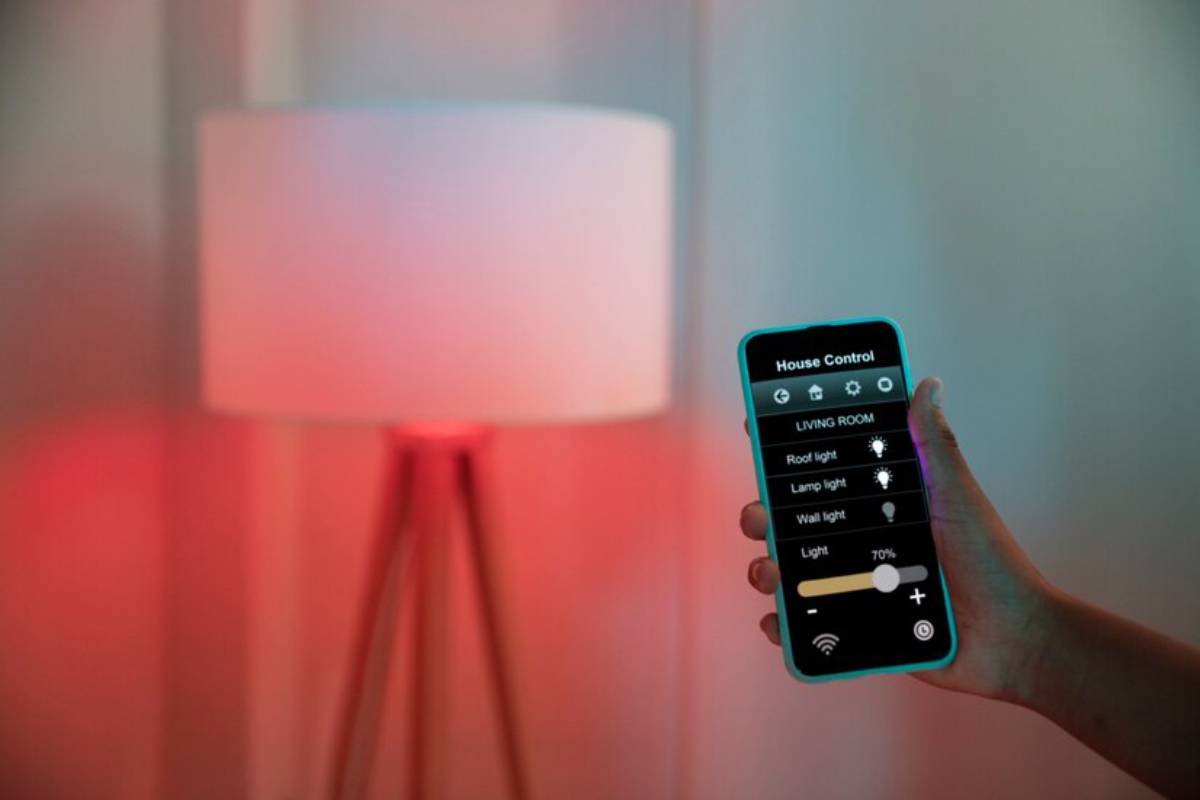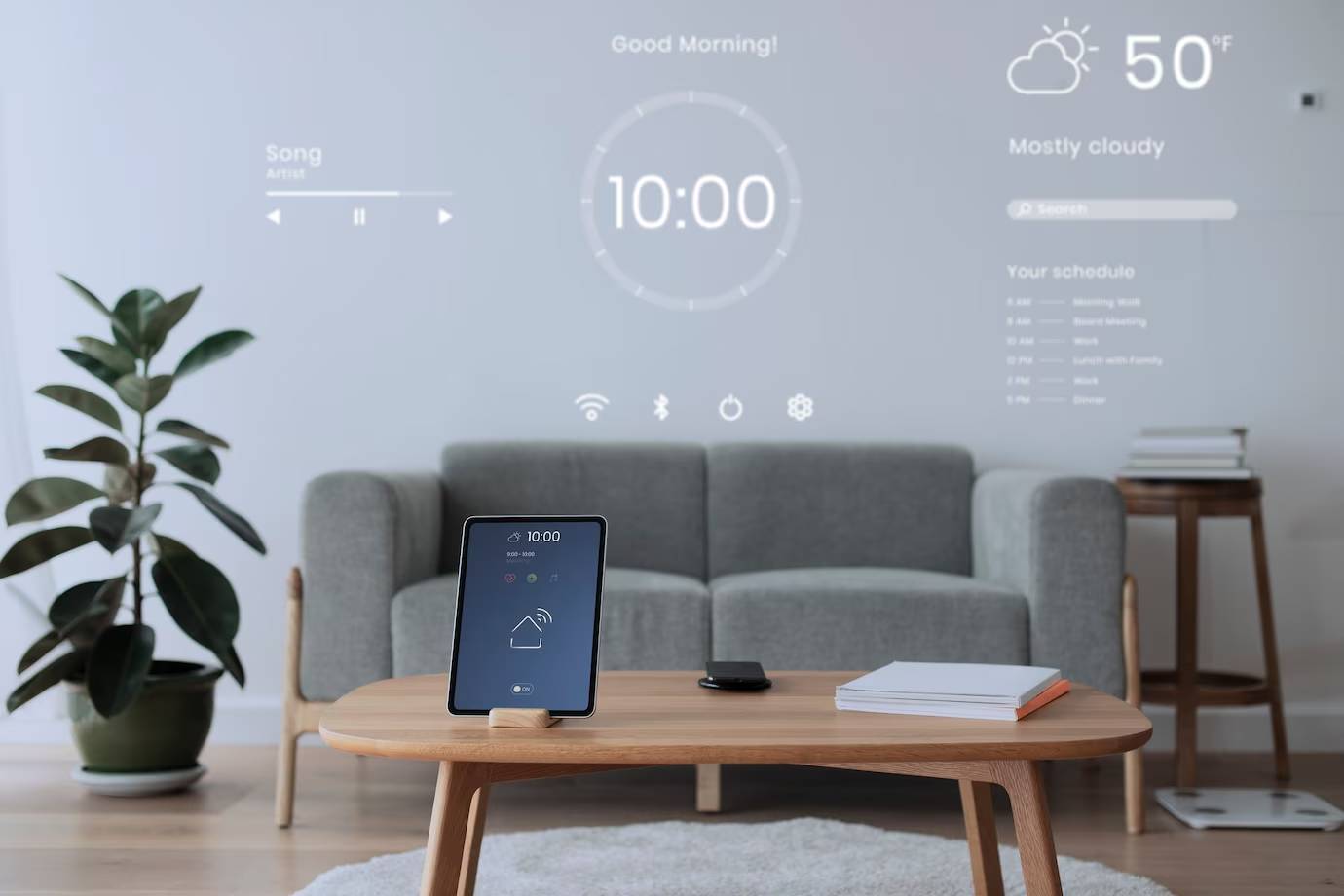
Privacy Concerns with Voice Assistants: What You Need to Know
In today’s world, technology is part of our daily lives. Voice-controlled assistants are useful tools. You can use your voice to manage tasks, control smart home devices, and get information. As these devices spread, more people are worried about privacy and data security. Users are now questioning the risks of having microphones always on in their homes.
For instance, a 2023 survey by Which? A study found that 58% of UK smart speaker users didn’t know their voice data could be stored forever. They must delete it manually to remove it. This blog will look at the privacy issues tied to voice assistants. We will share tips on smart home data security. Learn how to protect your personal information.
Key Benefits
The convenience offered by voice assistants is undeniable. They can set reminders, play music, give weather updates, and control smart home devices . And they do all this without lifting a finger. But with this convenience comes a trade-off: the potential risk to privacy. Understanding the privacy concerns associated with voice assistants is crucial for several reasons.
The Ubiquity of Voice Assistants
Voice assistants are becoming a staple in modern households. Recent statistics show that millions of UK households use these devices. They have made them part of their daily routines. The rise in device use highlights the need to tackle privacy concerns. As more devices connect, the risk of data breaches grows. This means personal information is more likely to be misused.
Real-Life Applications and Risks
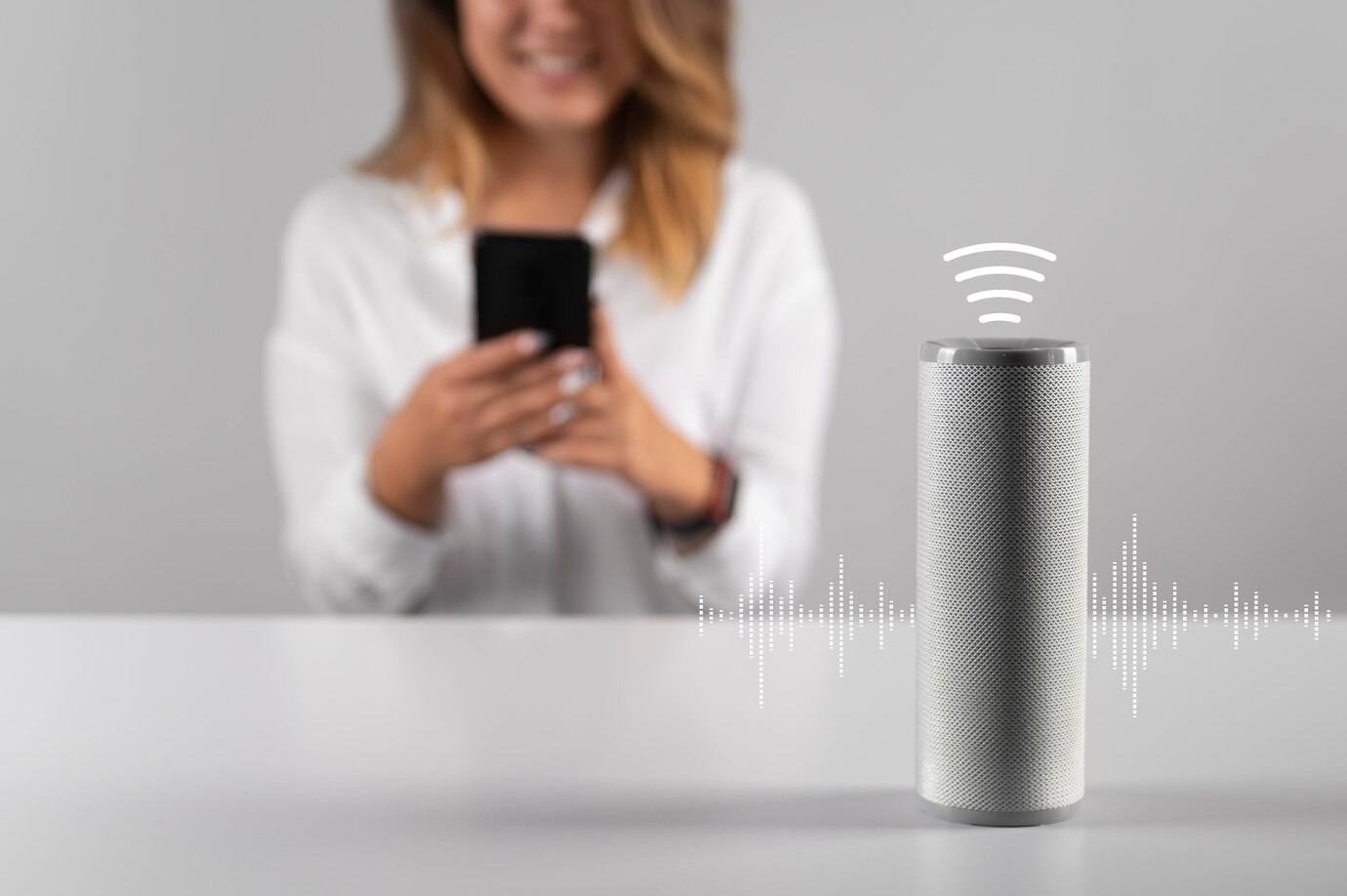
Consider a scenario where a voice assistant inadvertently records a private conversation. Mishandling this data can cause problems. For example, it might lead to targeted ads based on sensitive info. In the worst cases, it could even result in identity theft. In 2018, a family in Portland, Oregon, found out that their Amazon Echo recorded a private chat. It then sent that conversation to a random contact without permission. The incident grabbed attention and sparked concern about user control. It also highlighted the need for transparency in how voice assistants handle data. Knowing how these devices collect and store data is key to reducing risks.
Data-Backed Insights
Many users don’t realise how much data voice assistants collect and store. A 2022 study by the Information Commissioner’s Office (ICO) found that 64% of UK smart speaker users ignore privacy settings. This makes them vulnerable to data breaches. These devices keep collecting voice inputs and usage patterns, increasing risks. This shows we need more awareness and education about smart home data security.
Additional Expert Tips & Common Mistakes to Avoid
Voice assistants raise valid privacy concerns. However, users can take steps to reduce these risks. By using best practices and steering clear of common mistakes, they can enjoy the benefits of voice assistants and keep their personal information safe.
Best Practices for Smart Home Data Security
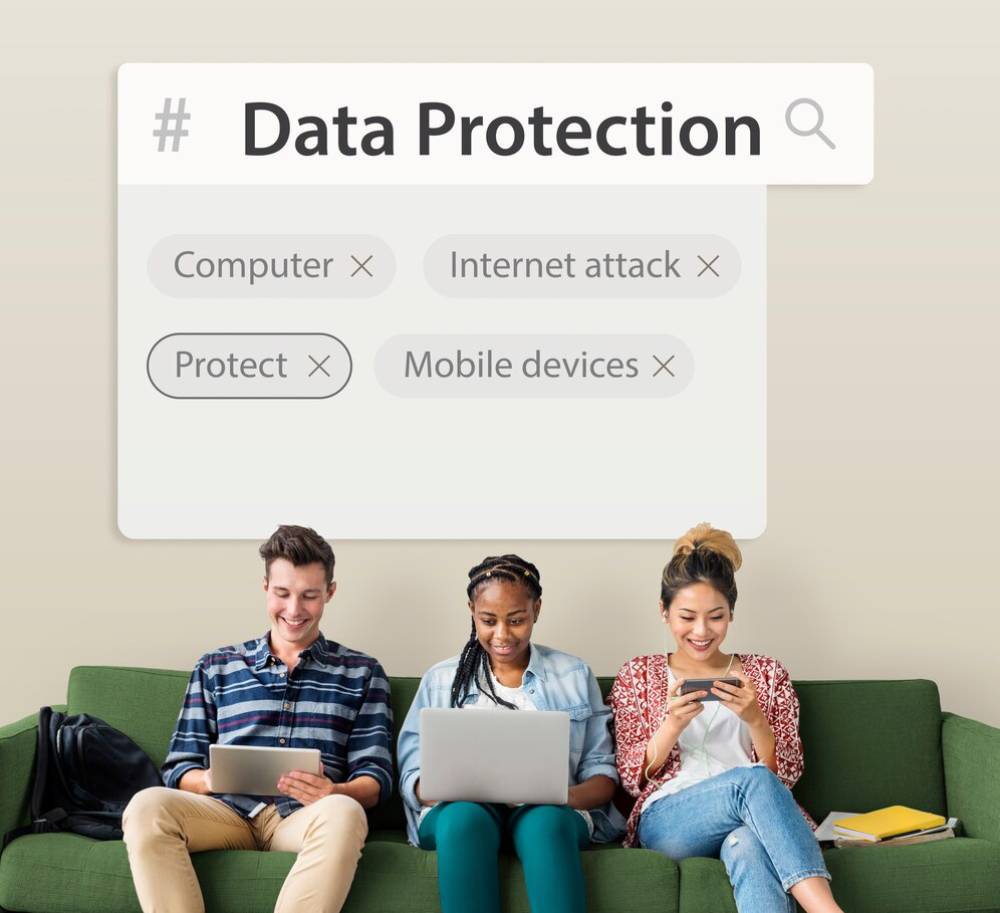
- Check Privacy Settings: Regularly check your voice assistant’s privacy settings. Adjust them to limit data collection to what you really need.
- Use Strong Passwords: Make sure your smart home devices have strong and unique passwords. This helps keep unauthorised users out.
- Enable Two-Factor Authentication: Whenever possible, enable two-factor authentication for an added layer of security.
- Regularly Update Software: Keep your devices updated with the latest software patches to protect against vulnerabilities.
Common Mistakes and Misconceptions
- Many users think their devices’ default privacy settings are safe. However, these settings may not offer the highest level of security.
- Neglecting to Review Data Logs: Voice assistants often store data logs of interactions. Regularly reviewing and deleting these logs can help maintain privacy.
- Watch Out for Third-Party Apps: Be careful when you allow these apps. They can access your data.
Advanced Insights
If you want to explore voice assistant privacy more, there are advanced strategies to boost data security.
Industry Perspectives
Experts in data security recommend regular audits of smart home devices. This helps find potential vulnerabilities. Audits check network security. They also review access logs and confirm that all devices use secure networks.
Cybersecurity expert Dr Emily Carter has a key reminder: “Think of every smart device in your home as a possible entry point.” Security is about being alert, not just making things easy.”
Lesser-Known Insights
Voice assistant privacy has another concern: data might be stored on cloud servers in various locations. Data protection can get tricky. Different countries have different privacy laws. Users should be aware of where their data is stored and the implications this may have on their privacy.
Emerging Trends and Tools
More users are using third-party privacy tools and apps. These tools help monitor and control data from smart devices. They give users better control over permissions, device activity, and data anonymization. This allows users to manage their privacy more effectively. If you care about voice assistant privacy, there are smart ways to boost data security.
Industry Perspectives
Experts in data security suggest regular audits of smart home devices. This helps spot possible vulnerabilities. The process involves checking network security. It also includes reviewing access logs and making sure all devices connect to secure networks.
Lesser-Known Insights
A little-known fact about voice assistant privacy is that data can be stored in cloud servers located in different places. This makes data protection harder. Different countries have different data privacy laws. Users should be aware of where their data is stored and the implications this may have on their privacy.
Conclusion : Privacy Concerns with Voice Assistants: What You Need to Know
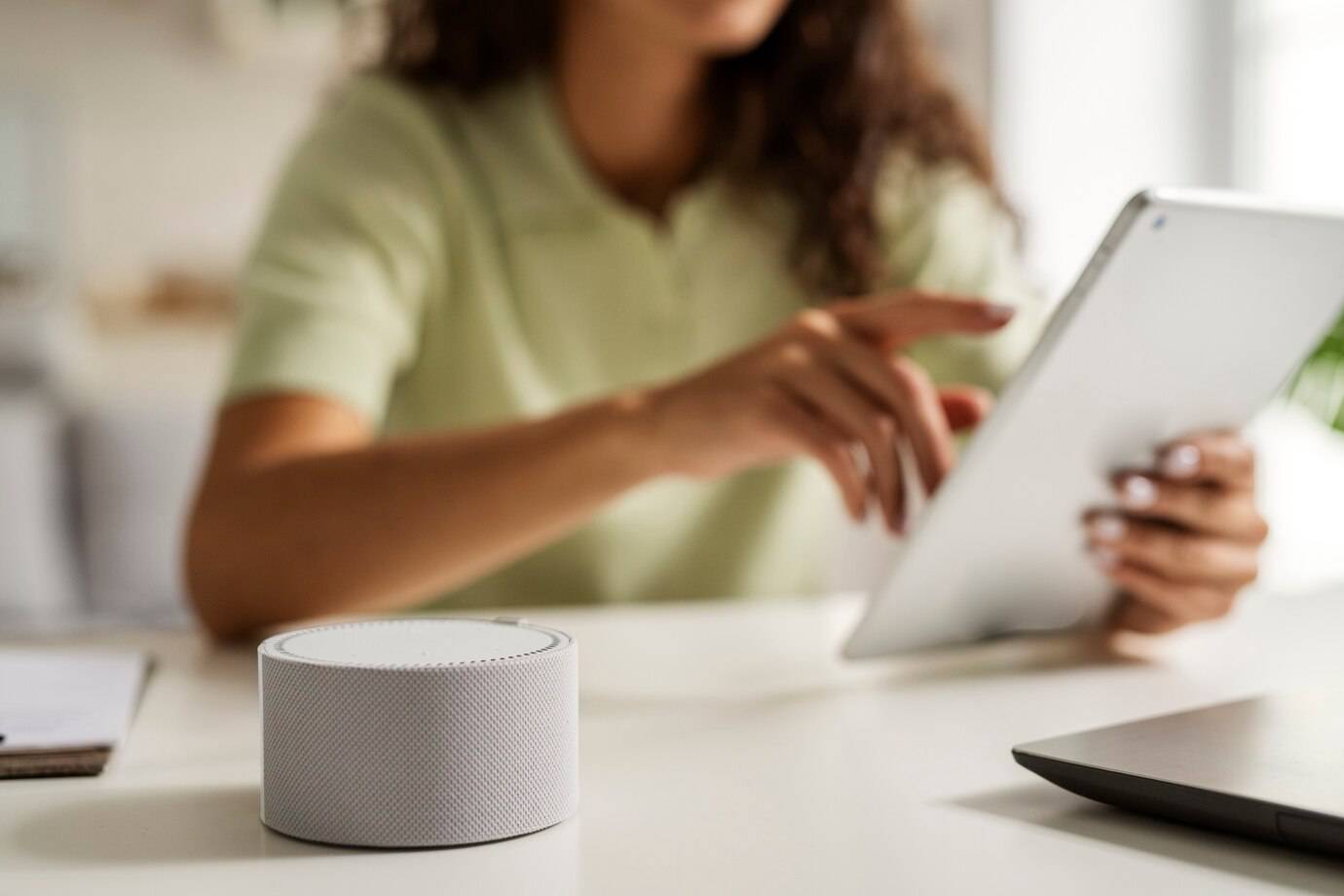
Voice assistants are now a big part of our lives. It’s crucial to understand the privacy concerns tied to these devices. Users can enjoy their benefits without risking privacy by taking proactive steps. Regularly check privacy settings. Use strong passwords and stay updated on security practices. These steps help protect personal data effectively.
Voice assistants offer great convenience, but privacy and data security matter. Here are some key points:
- Review and customise your device’s privacy settings.
- Know where and how your data is stored.
- Use extra tools to monitor device activity.
These steps protect your information and help you be a responsible digital consumer.
By following best practices and staying updated, users can confidently explore smart home technology. As we embrace new technology, let’s also commit to protecting our personal information and privacy.
Are you concerned about the privacy of your voice assistant? What steps have you taken to protect your personal information? Share your thoughts and experiences in the comments below. To protect personal data, regularly check privacy settings. Use strong passwords and stay updated on the latest security practices.
Voice assistants are convenient, but we must be alert about privacy and data security. Users can easily navigate smart home technology if they follow best practices and stay informed. As we welcome new technology, we must also protect our personal information and privacy.

